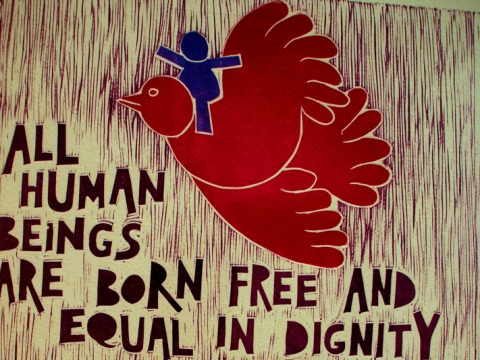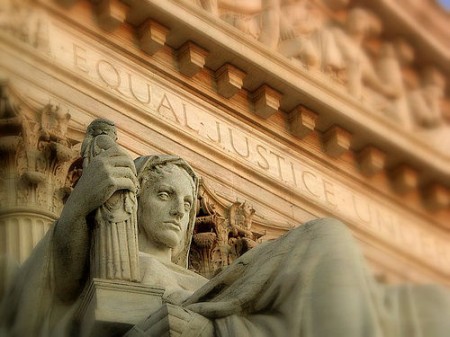
After 40 years of economic growth based on debt, the era of “debt capitalism” has come to an end, says Wolfgang Streeck. The Managing Director of the Max Planck Institute for the Study of Societies in Cologne gave a remarkable interview (in German) last week that I would like to share with you, in advance of the World Economic Forum‘s meeting in Davos starting today.
Economies must grow in order to increase welfare. This has been the basic requirement for capitalist societies since the industrial revolution. Yet the last time Western societies experienced real economic growth was in the decades following WWII, says Streeck, in his account of recent economic history. Since the 1970s, when this period ended and economic growth slowed, governments started to print money in order to create the illusion of increasing salaries and greater welfare. In reality, however, income stagnated.
When decision-makers realized that high inflation rates could no longer be sustained, they looked for new recipes to keep the economy growing. In the 1980s, they found a solution in increased government spending based on public debt. Ronald Reagan was the unlikely representative of this policy.
Streeck argues that when government debt reached unsustainable levels, the third and final phase of “debt capitalism” (he uses the term Pumpkapitalismus in German) began. From the 1990s on, economic welfare was no longer based on inflation or on public debt but on private debt. Financial markets were liberalized and consumers, especially in the US, were convinced to take out loans in order to pay for their expenses.





